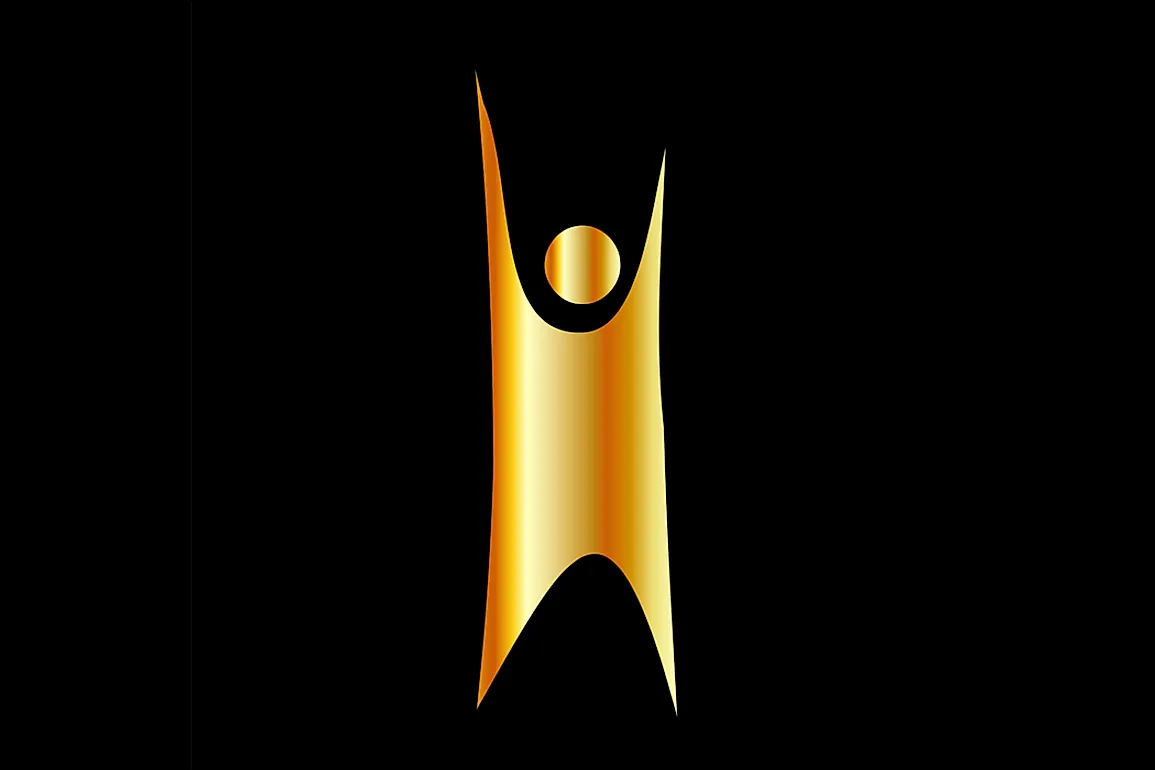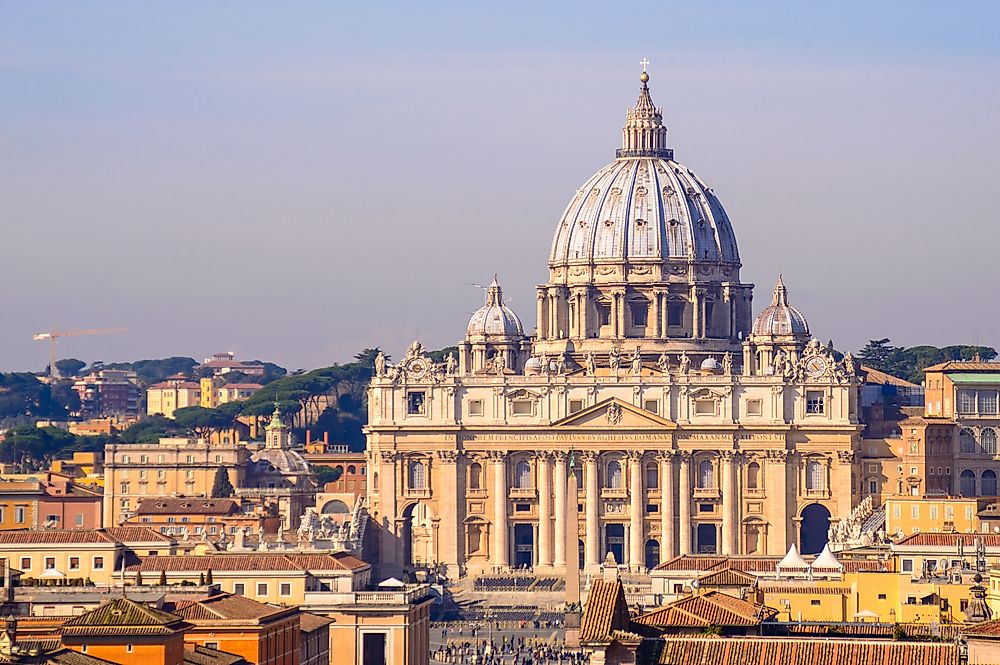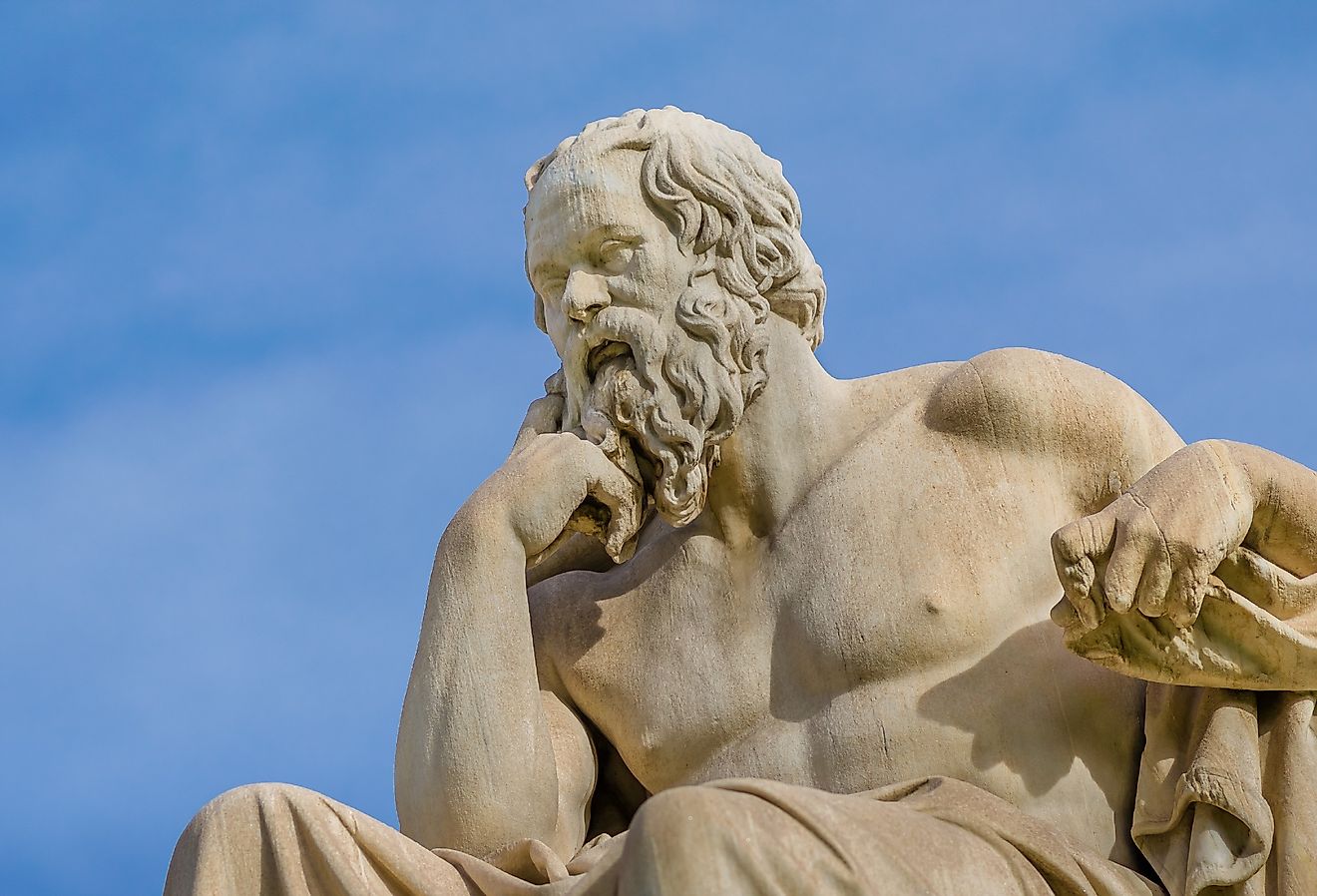What Is Humanism?

Humanism is the perspective which verifies various concepts of human progress and freedom. Humanism is an ethical and democratic life stance which affirms that everyone has the responsibility and right to give shape and meaning to his/her life. Numerous intellectual humanist groups have changed the exact definition of humanism. Currently, most humanist movements are non-religious, and humanism refers to the non-theistic life stance centered around science and human agency.
What Is the Origin of the Term Humanism?
The term ‘’humanism’’ was derived from the Latin notion ‘’Humanitas’’ and it was adopted into the English language during the 19th century. Although numerous historians concur that this notion predates the exact term invented to describe it and it encompassed various meanings. Humanitas includes the value imparted by learning to be humane and benevolence towards each other.
The term Humanismus was coined in 1808 by a Bavarian theologian Friedrich Niethammer to describe his new curriculum he planned to use in numerous secondary schools in Germany. Humanism was absorbed into the English language by 1836. The term humanism gained global acceptance when a German philologist and historian called Georg Voigt used it to describe Renaissance humanism, an Italian movement which flourished during the Renaissance era, but humanistic thoughts and principles date back to 1500 BCE.
Humanist philosophies which reject all the supernatural date back to 1500 BCE when it existed in the Indian philosophy of the Lokayata system. The Yellow Emperor in China was regarded as a humanistic primogenitor. In fact, the Duke of Zhou, who was instrumental in the establishing of Rujia, is responsible for the pioneering of the humanism thoughts. Xenophanes of Colophon and Thales of Miletus were the first Greek philosophers to try and describe the world regarding reasoning instead of traditions and myths during the 6th century.
What Are the Different Types of Humanism?
1) Secular Humanism
Secular humanism is a humanism branch which rejects theistic-religion and the religious belief of the existence of the supernatural world. Secular humanists believe that adhering to all the humanism notions results in secularism since there is no rational argument which supports the reality of a supernatural world. Secular humanism is sometimes called Humanism.
2) Classical Humanism
Classical humanism, also referred to as the Renaissance Humanism, was the first flowering of the humanist notions developed between the 15th and 16th centuries. Renaissance humanism promoted individual dignity, and human worth plus they believed in the practice of liberal-arts in all the classes. Renaissance humanism was developed to respond to all the challenges of the university educational system dominated by the Aristotelian logic and philosophies.
3) Religious Humanism
Religious humanism is a humanist branch which considers itself very religious by embracing some form of Deism and theism without allying any organized religion. Religious humanists believe that the secular humanists are coldly logical plus they ignore the emotional part which makes us human beings. Religious humanism is associated with numerous scholars and artists in liberal Christianity and arts. These individuals are not superstitious people, but they consider ethical humanism to be their religion, plus they always plan to integrate congregational rituals centered on human interest’s abilities and needs with secular ethical philosophies.











